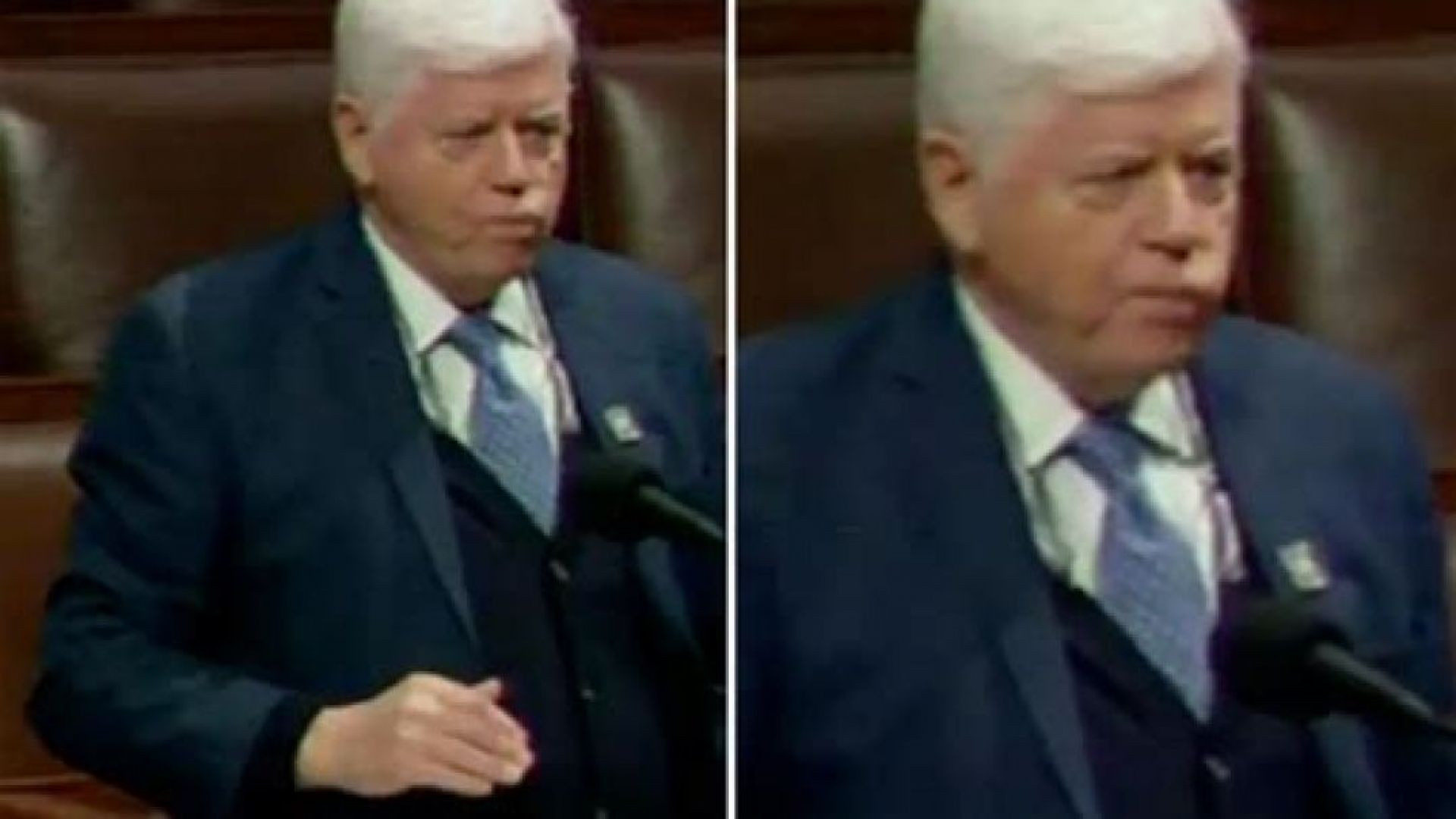Live streaming on Altcast.TV is now available!
CIA DIRECTOR JOHN BRENNAN ON THE GEOPOLITICAL RISKS 🌐⛈️🌪️🌀 OF CLIMATE GEOENGINEERING
Source: https://www.youtube.com/watch?v=uIQDqxl9FtM [from https://twitter.com/iluminatib....ot/status/1719897167 -
illuminatibot]
Thumbnail: https://www.usatoday.com/story..../news/factcheck/2023 [time capsule of media complicity]
AltCastTV & Odysee thumbnail: https://www.smh.com.au/nationa....l/the-de-extinction-
https://climateandsecurity.org..../2016/07/cia-directo
CIA Director John Brennan recently spoke at a Council on Foreign Relations event. His remarks covered a broad range of near and long term national security risks, including the benefits and costs of geoengineering for combating climate change (transcript and video below). It is not surprising that geoengineering solutions to climate change (which can be conducted unilaterally by states and non-state actors with international consequences), are an area of interest for the CIA director. As Brennan points out, there is a lack of “global norms and standards” for addressing the geopolitical implications of developing this technology, and that’s not a tenable situation. It’s a topic many shy away from, but ignoring it won’t make it go away.
And as CIA officers and their intelligence community colleagues work hard to protect our country from the darker side of technological change, we are mindful of how even beneficial advances can have destabilizing effects in the long run…
Another example is the array of technologies, often referred to collectively as geoengineering, that potentially could help reverse the warming effects of global climate change. One that has gained my personal attention is stratospheric aerosol injection, or SAI: a method of seeding the stratosphere with particles that can help reflect the sun’s heat in much the same way that volcanic eruptions do. An SAI program could limit global temperature increases, reducing some risks associated with higher temperatures, and providing the world economy additional time to transition from fossil fuels. This process is also relatively inexpensive. The National Research Council estimates that a fully deployed SAI program would cost about $10 billion yearly.
As promising as it may be, moving forward on SAI would also raise a number of challenges for our government and for the international community. On the technical side, greenhouse gas emission reductions would still have to accompany SAI to address other climate change effects, such as ocean acidification, because SAI alone would not remove greenhouse gases from the atmosphere. On the geopolitical side, the technology’s potential to alter weather patterns and benefit certain regions of the world at the expense of other regions could trigger sharp opposition by some nations. Others might seize on SAI’s benefits and back away from their commitment to carbon dioxide reductions. And as with other breakthrough technologies, global norms and standards are lacking to guide the deployment and implementation of SAI and other geoengineering initiatives.


![DEMOCRACY UNDER ATTACKː A CONVERSATION WITH JAMES CLAPPER AND JOHN O BRENNAN [AND ROB REINER]](https://s3.us-central-1.wasabisys.com/altcast1/upload/photos/2025/12/i6snw8wC4KkbJvvwnjyv_16_5370e047d3dba3d13be928b66b3b772a_image.jpg)

















![FULL LEAKED INTERVIEWː JEFFREY EPSTEIN WITH STEVE BANNON [TIMESTAMPS] 🎙 JOHN WARD](https://s3.us-central-1.wasabisys.com/altcast1/upload/photos/2026/02/8wLd2T9yio5TH5BVZA99_01_5a77c93cf1f4d41aaf9d0411030b056f_image.jpg)
